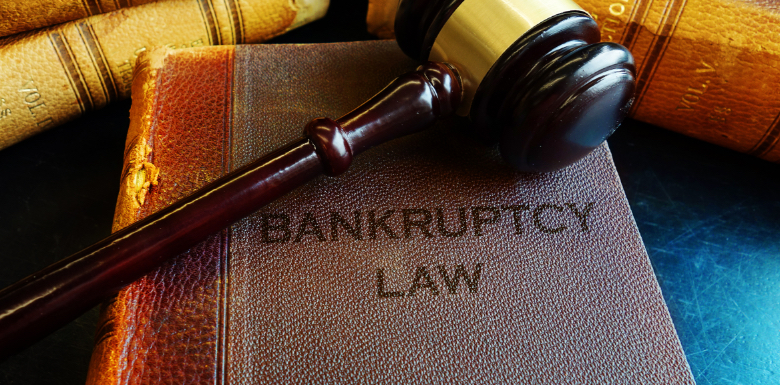Bankruptcy FAQs

Posted In: Litigation | Posted by: Arenstein & Anderson Co., LPA
Free bankruptcy consultation »
What are the Basics of a Bankruptcy?
So you are thinking about filing bankruptcy. It is never an easy decision, but life often throws us a curve ball, and we have to do something we never thought we would. This is okay, though. There are reasons the law provides bankruptcy protection, and at Arenstein and Andersen Co., LPA, we can help you through the process to make it as easy and as painless as possible. Below are answers to some of the most frequently asked questions about bankruptcy.
What are the different types of bankruptcy?
There are two types of personal bankruptcies: Chapter 7 and Chapter 13. They are named after the sections of the United States Code in which the laws governing these bankruptcies are found.
- A Chapter 7 bankruptcy allows you to discharge most of your debts, including, but not limited to: credit cards, medical bills, vehicle loans, and home loans. You typically cannot discharge tax debts, student loan debts, or domestic support obligations.
- In a Chapter 13 bankruptcy, you must make monthly payments to the Chapter 13 bankruptcy trustee, who will then distribute these payments to your creditors on a pro rata basis. The amount of these payments is determined by comparing your monthly income to your monthly expenses. The determined amount will be taken directly from your paycheck for three to five years, depending on a number of factors. At the end of this payment period, the debts will be discharged.
What are the advantages and disadvantages of the different types of bankruptcy?
The advantages of a Chapter 7 bankruptcy are pretty obvious: you will be free and clear of most of your prior debts. However, not everyone qualifies to file a Chapter 7 bankruptcy. If you make more money than the Internal Revenue Service’s determined median income for the size of your household, you will be required to file a means test to determine if you qualify. There are no hard and fast rules for qualification, so you will have to sit down with an attorney to determine your eligibility.
A Chapter 13 bankruptcy allows for greater protection of your assets. For example, if you own two vehicles outright and you file a Chapter 7 bankruptcy, the bankruptcy trustee may be able to seize one or both of those vehicles and sell them for the benefit of your creditors. If you seek protection under a Chapter 13 bankruptcy, however, you may be able to keep those vehicles. Also, if you are behind on your mortgage payments, a Chapter 13 bankruptcy will immediately stop all foreclosure actions and allow you to catch up on your payments as part of your monthly payment plan.
Can I keep my house and cars?
Under a Chapter 13 bankruptcy, the answer is almost always ‘yes’. A Chapter 7 bankruptcy, on the other hand, allows you to exempt (i.e. protect from the trustee) up to $265,800 worth of equity in your home (for a married couple) and up to $7,350 in one vehicle that you own outright. If your vehicle and home are both encumbered by loans and have little or no value above the amount still owed, they can also be protected.
How will bankruptcy affect my credit?
Filing for bankruptcy will affect your credit and stay on your credit report for eight to ten years. However, that does not mean you can never qualify for credit again. In fact, in most cases, within a year your credit will be back to where it was before you filed, and you will be in a much better position keep your credit score moving upward.
Should I file for bankruptcy?
If your debts are out of hand, filing personal bankruptcy should give you the power to get back in control of your life. Bankruptcy can stop the collection calls, collection lawsuits, and foreclosure actions, and can often even give you a refund of previously garnished wages or bank accounts. If you are struggling with your finances and debt, contact the experienced attorneys at Arenstein & Andersen Co., LPA to see if a Chapter 7 or Chapter 13 bankruptcy is right for you.
Free bankruptcy consultation »
About Arenstein & Andersen Co., LPA
Arenstein & Andersen Co., LPA, located in Dublin, Ohio, provides comprehensive litigation representation services. Samplings of our bankruptcy services include: filing Chapter 7 bankruptcies for individuals and couples; filing Chapter 13 bankruptcies for individuals and couples; defending clients in post-bankruptcy challenges by creditors to the discharge of certain debts; assisting with creditors prior to, during, and after a bankruptcy is filed; and handling conversions from Chapter 7 to Chapter 13 bankruptcies and vice versa.
Posted In: Litigation